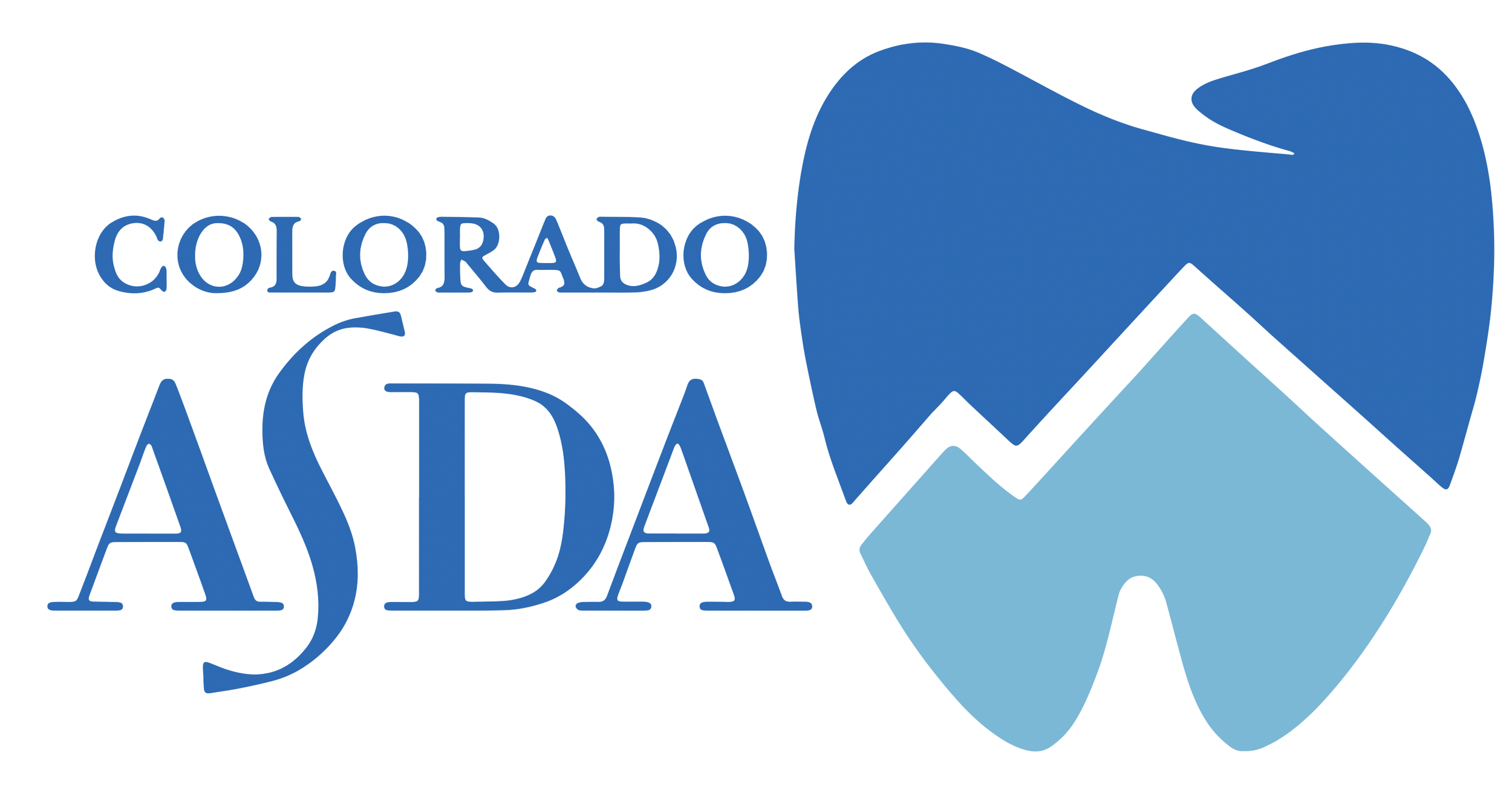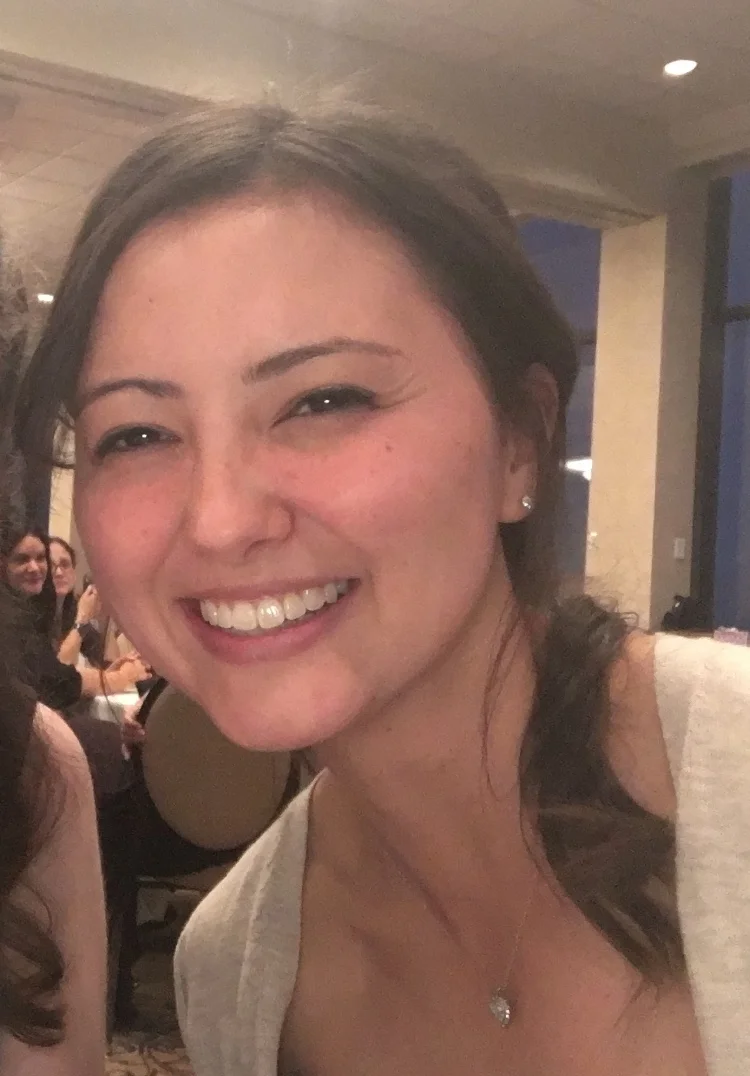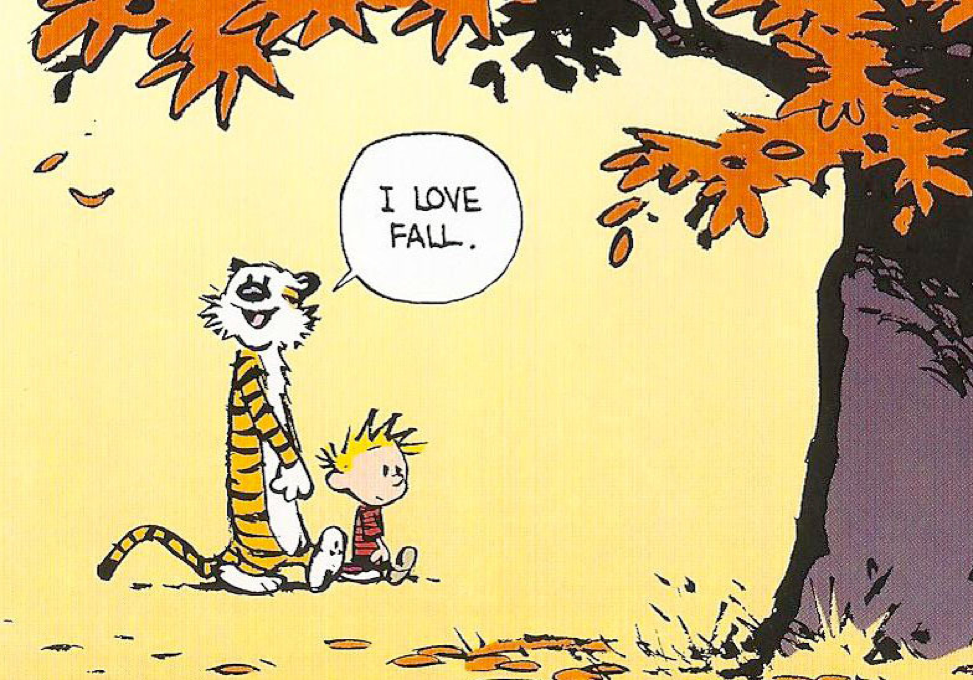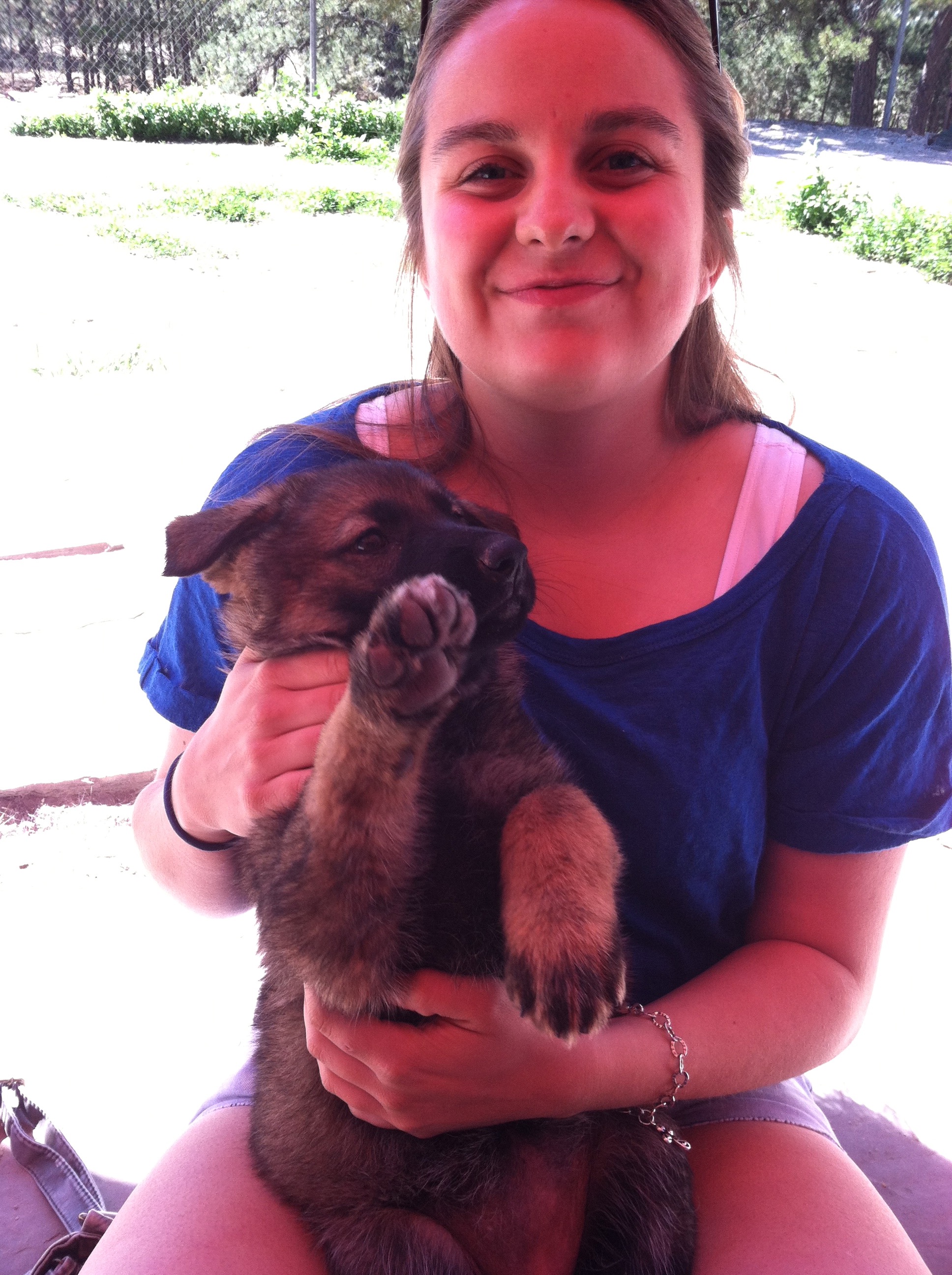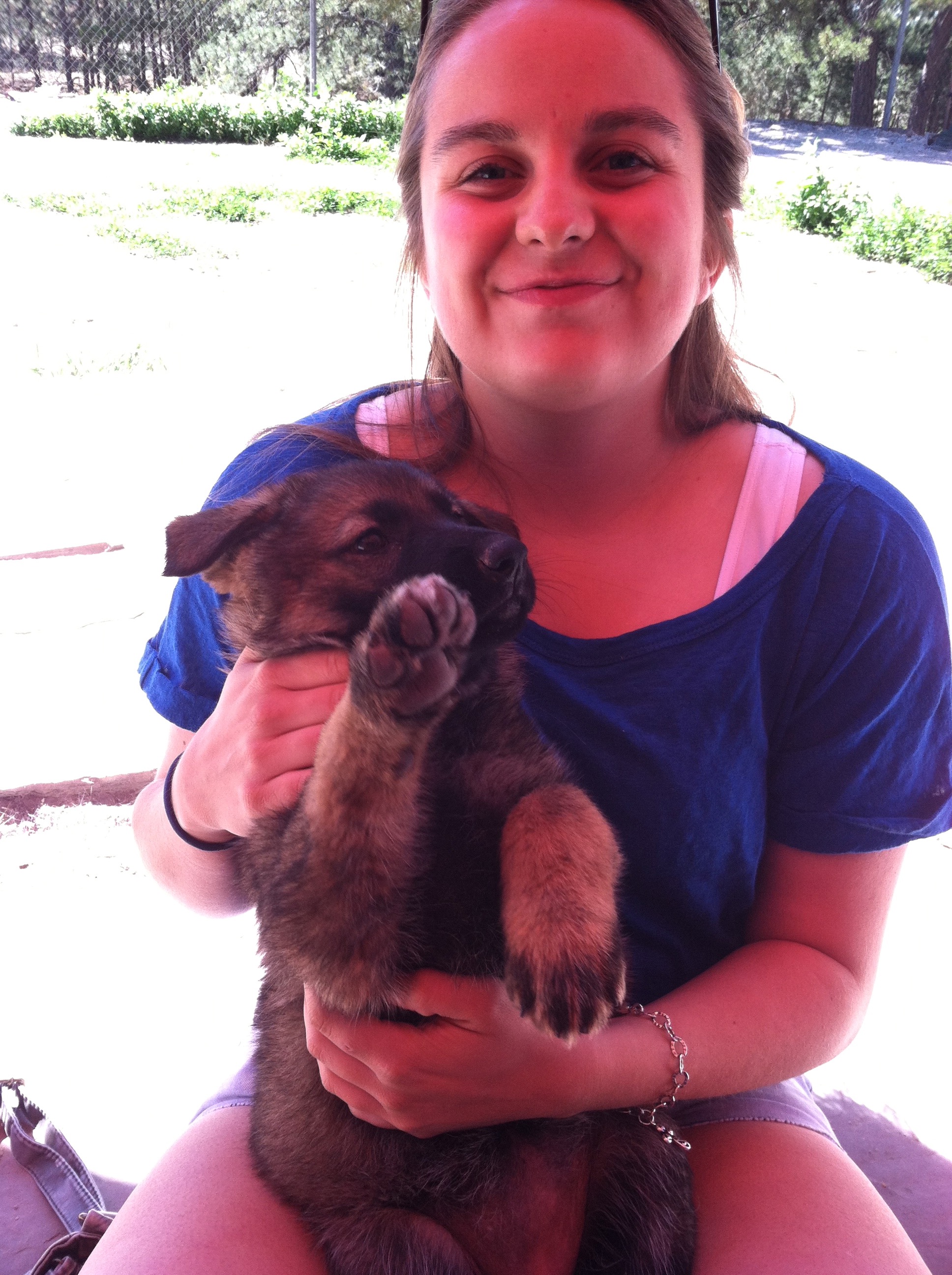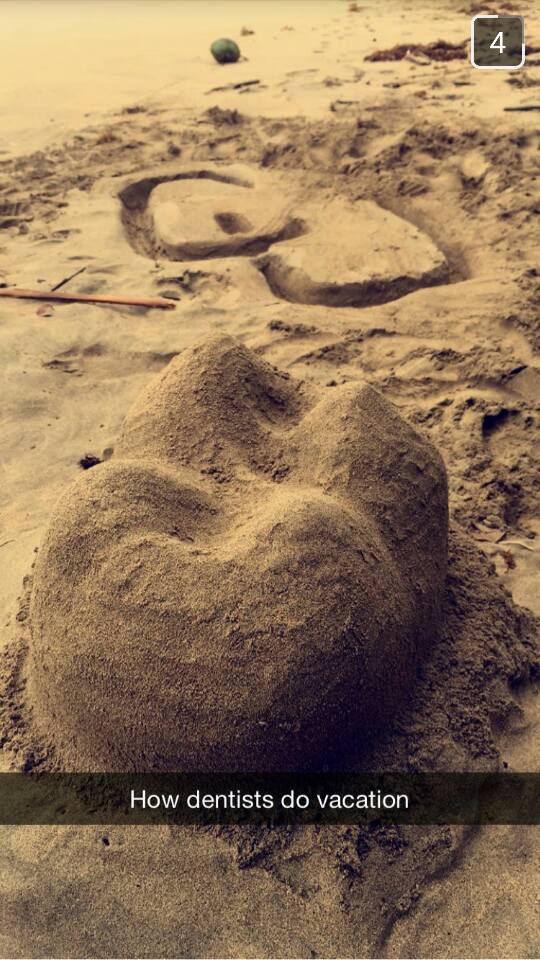by Jourdan Kidd
Few people would readily admit that much of their life motto stems from the great cinematic masterpiece that is Forrest Gump. I am one of those brave (and ashamed) few people. But before you begin to judge me heavily and throw verbal insults or rotting vegetables, give this a read and see if some of these same lessons might be helpful in your own life as a dental student.
1) Keep right on going
Forrest: For no particular reason I just kept on going. I ran clear to the ocean. And when I got there, I figured, since I’d gone this far, I might as well turn around, just keep on going. When I got to another ocean, I figured, since I’d gone this far, I might as well just turn back, keep right on going.
Looking at the full course schedule for each semester takes years off of my life. If you’re anything similar to me, seeing all of the work ahead makes everything in the present ten times more difficult. Had Forrest focused on his task of running fully across the entire country, he would have quit two blocks in and the movie would be much shorter. Instead of approaching each semester as the giant block of lectures, labs, and exams that it is, take everything one step at a time and remain present. Before you know it, you’ll be at an ocean like Forrest (but as a licensed dentist on vacation in Italy or something).
2) Know when to take a break
Forrest: [running] I had run for 3 years, 2 months, 14 days, and 16 hours.
[he stops and turns around]
Young Man Running: Quiet, quiet! He’s gonna say something!
Forrest: I’m pretty tired… I think I’ll go home now.
Despite popular belief, you are allowed to relax as a dental student. Your friends may go straight to a study room after lecture and power through all of the material covered that day, but do not feel bad for taking a break. Take an hour to relax, recharge, exercise, or lie in bed contemplating why “read” and “read” can be pronounced differently. As long as you are strict with yourself and begin work again after an hour, this time for relaxation can improve your focus and motivation for the rest of the night.
3) Take advantage of free food
Forrest: The best thing about visiting the President is the food! Now, since it was all free, and I wasn’t hungry but thirsty, I must’ve drank me fifteen Dr. Peppers.
This is mainly self-explanatory; replace “President” with “Lunch and Learn.”
4) Have an open mindset
Forrest: What’s my destiny, Mama?
Mrs. Gump: You’re gonna have to figure that out for yourself.
Are you dead set on specializing in OMFS or Ortho and find yourself weeping over a 70% on an Introduction to Dentistry quiz? If so, you are overreacting. Also, don’t be afraid to consider other specialties or not specializing at all. We will have plenty of exposure to different procedures and specialties before that decision must come, so try to figure out your destiny as you go and experience new things.
In the great and inspiring words of Forrest Gump, “that's all I have to say about that.”
About the Author
Jourdan Kidd is a current DS1 who is originally from Littleton, CO. She received a B.A. in Molecular Biology from Colgate University in Hamilton, NY before running away from the Northeastern winters back to Colorado. Jourdan enjoys watching movies, reading, practicing yoga, and taking part in research in her spare time.
